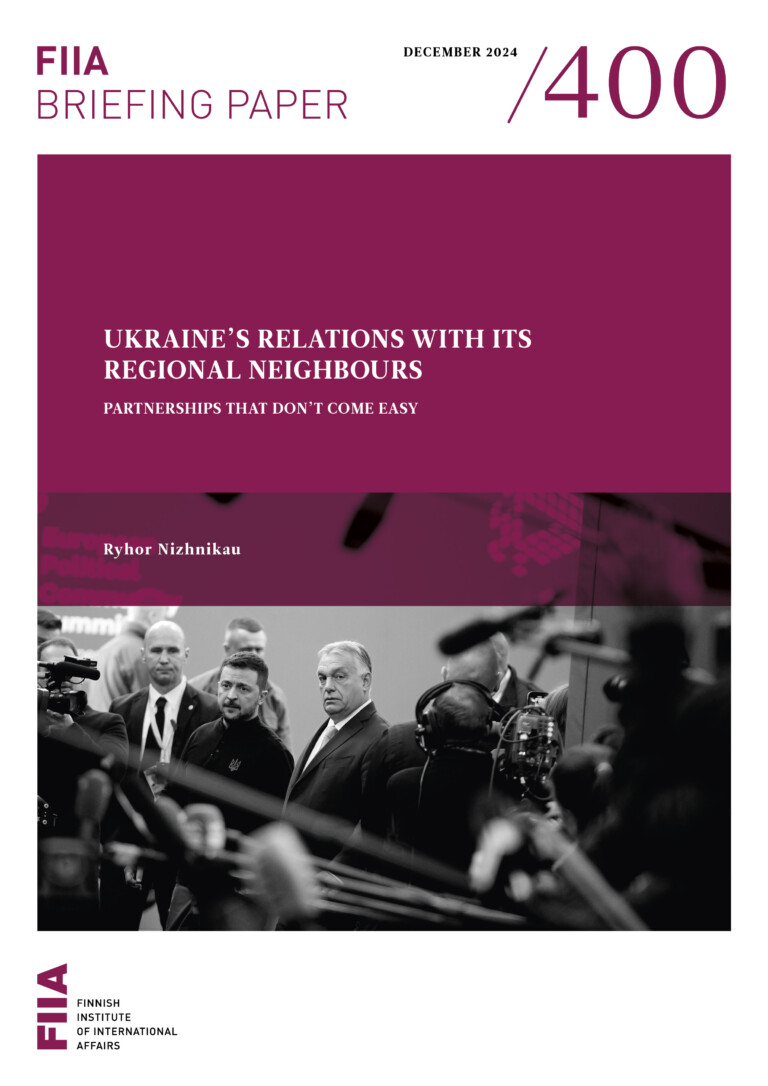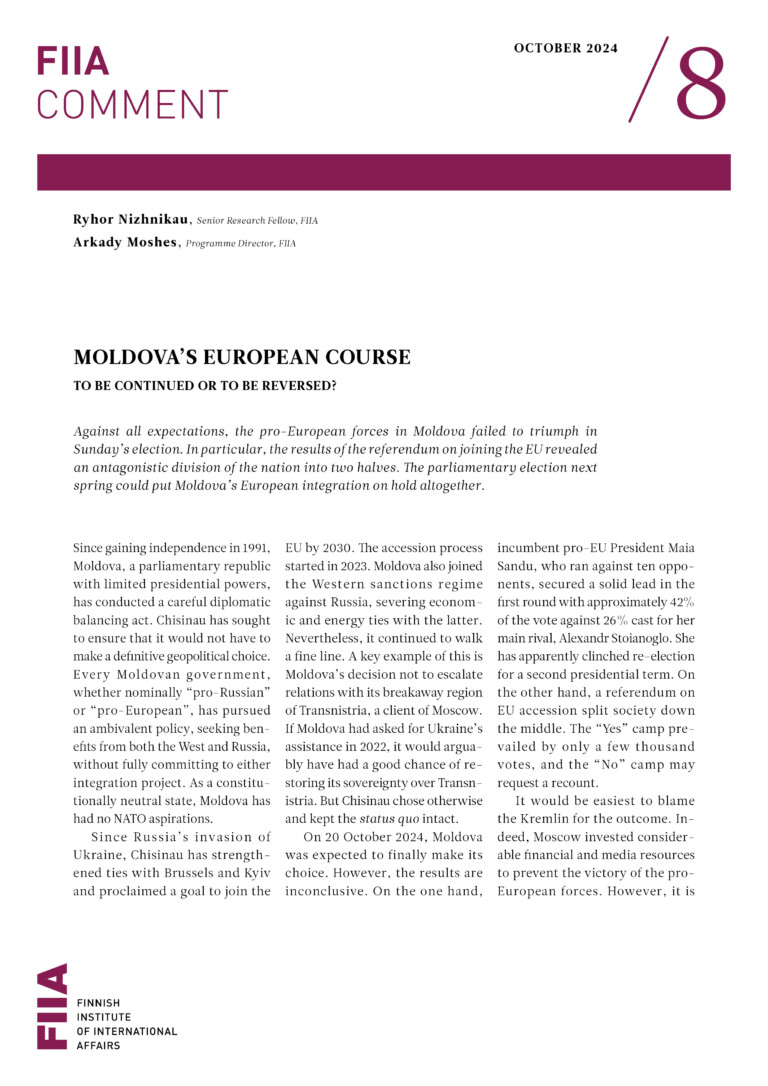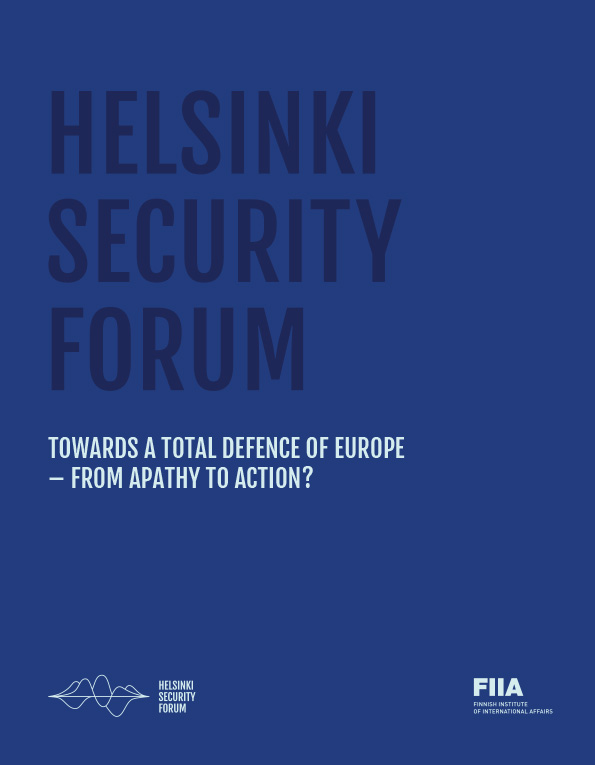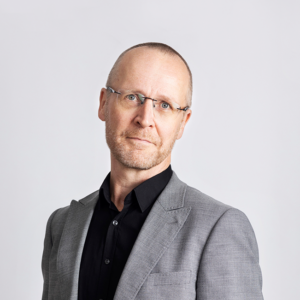If Russia is to follow an evolutionary path to democracy, then the regime must be ready to draw the so-called ‘non-systemic’ opposition into political processes. This gradualist formula for democratic change is also the formula for political stability.
A number of liberalising reforms conducted by the regime in response to widespread protests following the December 2011 State Duma election gave grounds for optimism that this process is now underway.
However, any hopes that these events would kick-start democratic reforms were short-lived. Rather than draw in opponents, the regime has sought to isolate them, using a combination of reform, non-reform, dividing tactics and repression.
But the results have not been positive. The non-systemic opposition is under increasing pressure, having seen its options all but reduced to more protesting. It is also showing signs of radicalisation. At the same time, the Kremlin’s uncompromising approach is undermining regime stability.
The pressure is building in the Russian political system. The combination of repression and radicalisation could easily see political stagnation degenerate into instability and the EU should take this new dynamic into account in its future policy planning.


















